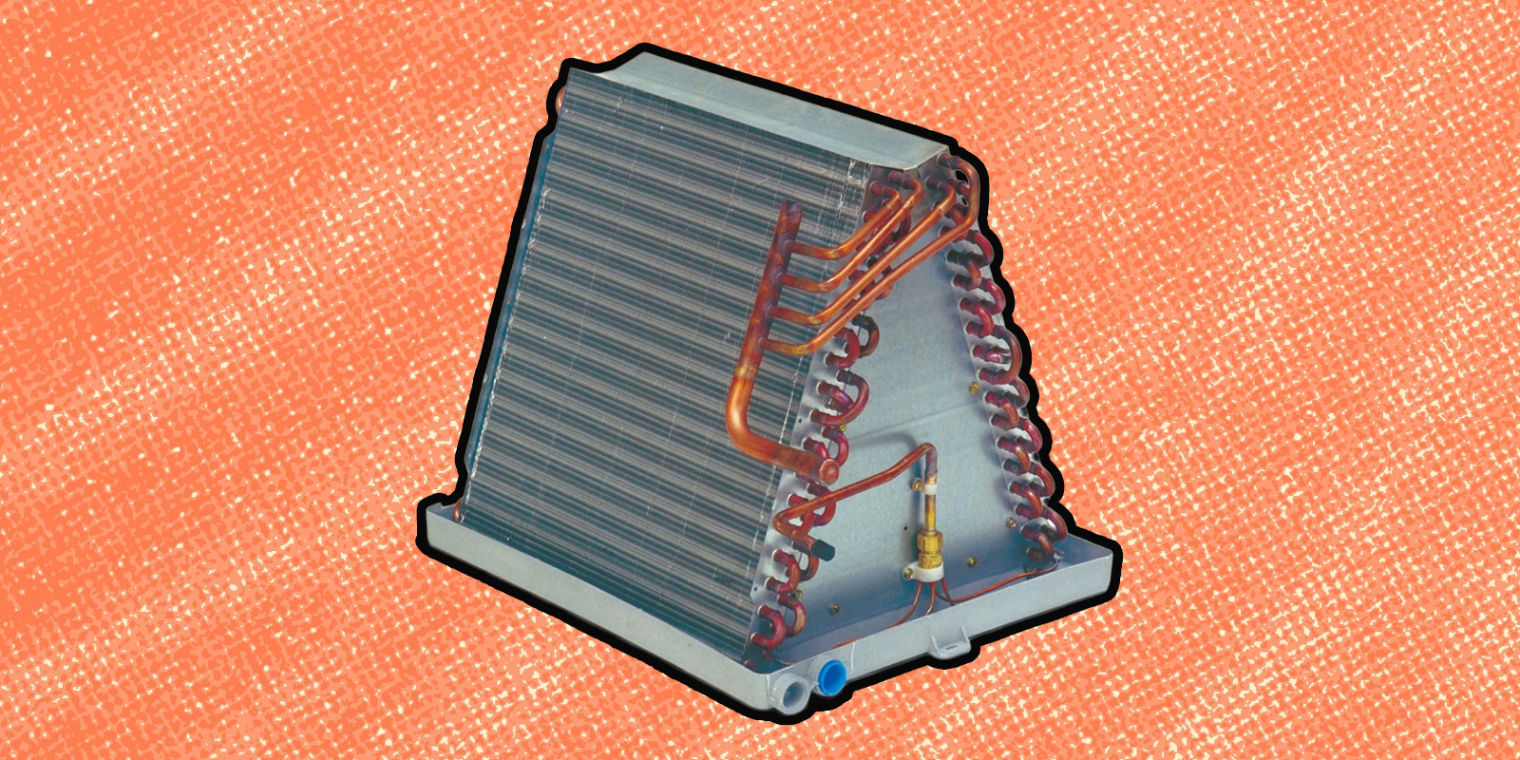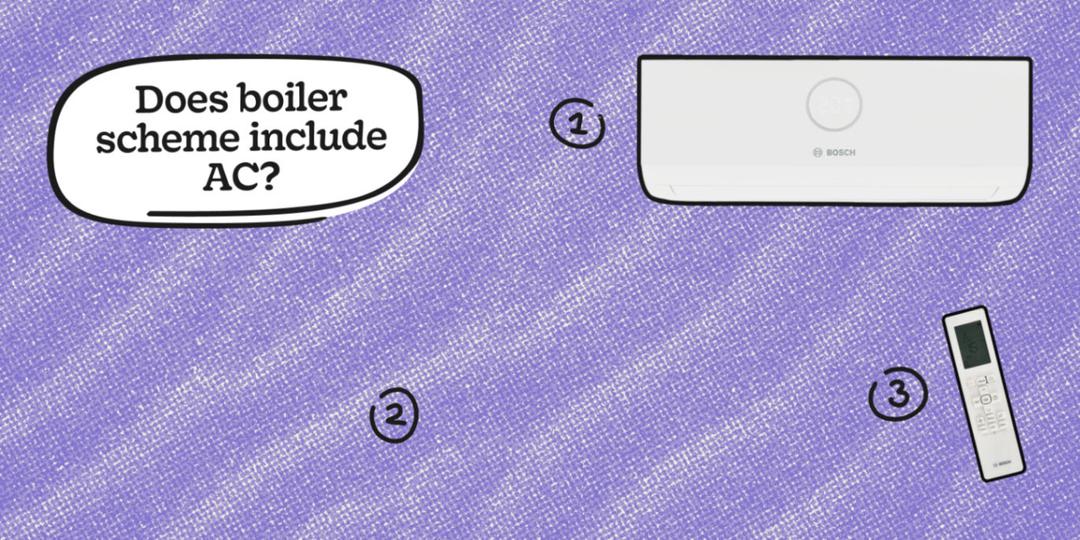In the UK, air conditioning is often treated as a low-fuss luxury - a handy extra for heatwaves, not something that needs much TLC. But even in our famously mild climate, skipping maintenance can lead to sluggish cooling, sky-high energy bills, and pricey repairs down the line.
- [1] Why Air Con Maintenance Matters (Even in the UK) ❄️
- [2] What’s Involved in AC Maintenance? 🏠
- [3] DIY Maintenance Tasks You Can Do Today
- [4] When to Call in a Pro (And What They’ll Do)
- [5] How Often Should You Service an AC Unit in the UK?
- [6] How Much Does AC Maintenance Cost in the UK?
- [7] Signs Your AC Needs Immediate Attention
- [8] Is AC Maintenance a Legal Requirement in the UK?
Whether you’ve splashed out on a sleek wall-mounted unit or opted for a portable setup, regular upkeep is the secret to keeping your AC running efficiently and reliably.
In this guide, we’ll cover everything you need to know about air conditioning maintenance in the UK, including simple DIY tasks, when to call in the pros, how much it all costs, and the warning signs your unit might be crying out for a service.
Let’s dive in…
💨 Ready to chill without the guesswork? Find out exactly what size air conditioner you need - and get a fixed price in seconds here.
🔑 Key Takeaways:
Regular AC maintenance improves efficiency and extends lifespan.
In the UK, servicing once a year - ideally in spring - is typically sufficient.
Dirty filters, blocked condensate drains, and refrigerant issues are common culprits.
DIY maintenance is possible, but annual checks by an F-Gas-certified engineer are recommended.
[1] Why Air Con Maintenance Matters (Even in the UK) ❄️
It’s easy to assume air conditioning in the UK doesn’t need much attention, after all, we’re not exactly sweltering year-round. But even in a milder climate, that’s a myth worth busting.
Dust, pollen, and moisture still build up inside your unit, clogging filters, straining the system, and pushing up energy bills. Leave it too long, and you risk breakdowns just when you need it most.
Regular maintenance keeps your AC running efficiently, extends its lifespan, and ensures it’s ready to handle those increasingly common UK heatwaves without breaking a sweat.
“A quick filter clean every couple of months can make a big difference to how efficiently your system runs - and how fresh your home feels.” - Patrick Garner, AC Installation Manager at Heatable.
Regular filter maintenance is a simple way to keep your AC performing at its best.
[2] What’s Involved in AC Maintenance? 🏠
Keeping your air conditioner in top shape involves a mix of simple DIY tasks and the occasional visit from a professional.

Image showing evaporator coil / Heatable
Here’s what’s typically on the checklist:
Clean or replace filters - clogged filters restrict airflow, reduce efficiency, and bump up your energy bills.
Check refrigerant levels - low refrigerant can weaken cooling performance and damage the compressor.
Inspect condenser and evaporator coils - dust and grime on the coils reduce heat exchange, making your unit work harder.
Clear the condensate drain - blocked drains can lead to leaks, damp patches, or even mould growth.
Test the thermostat and remote - ensures the system responds properly and holds the temperature you set.
Some of these jobs are easy enough to handle yourself - others are best left to an F-Gas-certified pro with the right tools and know-how.
[3] DIY Maintenance Tasks You Can Do Today
You don’t need to be an engineer to keep your air con running smoothly.

Image of AC filter / Heatable
These simple DIY tasks can make a noticeable difference:
Clean or replace the filters: Pop out the filters (your user manual will show you how), rinse them with warm water or gently vacuum. If they’re worn or damaged, replace them. Aim to clean them every 1–2 months during peak use.
Check for blockages: Make sure the outdoor unit isn’t clogged with leaves, dirt, or debris - airflow is key.
Inspect airflow indoors: Double-check that vents and grilles aren’t being smothered by curtains, furniture, or rogue houseplants.
Wipe down the unit: A quick once-over with a damp cloth helps prevent dust buildup on the unit’s surface.
These quick wins can boost efficiency, improve air quality, and make your home more comfortable, especially important if anyone in the house has allergies or asthma.
[4] When to Call in a Pro (And What They’ll Do)
DIY maintenance goes a long way, but it’s no substitute for a proper service.
In fact, in the UK, only F-Gas certified engineers are legally allowed to handle refrigerants - so an annual check-up from a professional isn’t just smart, it’s required by law.
A typical professional service includes:
Deep-cleaning coils and internal components
Checking and topping up refrigerant levels
Inspecting electrical connections and testing system performance
Spotting leaks, drainage issues, or signs of wear
A good engineer won’t just give your unit a once-over - they’ll catch issues early, before they turn into expensive breakdowns.
Need help with installation or wondering about costs? Check out our full guide: How Much Does Air Conditioning Cost in the UK.
[5] How Often Should You Service an AC Unit in the UK?
For most UK homes, a yearly service in spring is the sweet spot - it gets your system ready for summer and keeps everything running efficiently.
That said, you might need more frequent attention if:
You live near busy roads, construction sites, or other dusty environments
You rely on your AC heavily - especially in a home office or commercial space
Someone in your home has allergies and needs consistently clean airflow
Also, if you’re deciding between a portable or wall-mounted unit, it’s worth knowing: portable ACs often need their filters cleaned more often due to their compact design. (More on that in our guide: Portable vs Wall-Mounted AC).
[6] How Much Does AC Maintenance Cost in the UK?
In the UK, a professional air conditioning service typically costs between £80 and £150 per visit. The exact price can vary depending on a few key factors.
Larger units or multi-split systems tend to cost more, as they take longer to inspect and may require more refrigerant.
Location also plays a role - expect to pay a premium in places like London or other major cities.
Finally, the age and condition of your unit matters. Older or neglected systems may need extra cleaning, part replacements, or more detailed diagnostics, which can bump up the cost.
That said, regular servicing can help you avoid much pricier repairs down the line, so it’s usually money well spent.
[7] Signs Your AC Needs Immediate Attention
Don’t wait for your annual service if your air con starts acting up - catching issues early can save you from bigger (and more expensive) problems.
Keep an eye - and ear - out for these red flags:
Strange noises - if your unit starts grinding, rattling, or hissing, it’s trying to tell you something. These sounds can point to loose components, a failing fan motor, or even a refrigerant leak. Either way, it’s not something to ignore.
Weak or reduced airflow - if cool air isn’t circulating like it used to, clogged filters, duct issues, or a faulty compressor might be to blame. Left unchecked, airflow problems can strain the system and reduce efficiency.
Unpleasant smells - musty or mouldy odours coming from your AC could mean there’s moisture trapped inside, often due to a blocked condensate drain or dirty filters. Not only is it gross, it’s also bad for air quality.
Rising energy bills - a sudden spike in your electricity bill, without a change in usage, is a classic sign that your AC is working overtime to compensate for a hidden issue.
If you spot any of the above, don’t wait it out - get a professional in. Quick action can prevent long-term damage and keep your unit running safely and efficiently.
[8] Is AC Maintenance a Legal Requirement in the UK?
Is AC Maintenance a Legal Requirement in the UK?
Short answer: nope, not if you’re a homeowner. There’s no law saying you have to get your AC serviced every year.
But - and it’s a big but - most manufacturers will bin your warranty if you skip the annual check.
So while the police won’t be knocking on your door, a broken compressor might come back to haunt your wallet.
Where it does get legal is if you’re running bigger systems in offices, shops, or rental properties:
F-Gas regs - if your system holds more than 5 tonnes of CO₂ equivalent refrigerant, you legally need leak checks by a certified engineer.
Commercial inspections - businesses and landlords with larger AC systems need regular energy efficiency inspections (yep, more paperwork).
General duty of care: Landlords still have to make sure any heating/cooling kit is safe and working - tenants won’t thank you for a sauna-flat in July.
So here’s the deal: homeowners don’t have to get AC maintenance, but skipping it is a false economy. Keep on top of it and you’ll save money, stay cool, and keep your warranty intact.
Next Steps For Your AC Journey:
When planning to install air conditioning for your home, there are several important factors to consider. Make sure to refer to the following guides to help you make informed decisions:
To dive deeper into these topics, head over to our advice section, check out our YouTube channel for informative videos.
Get a Quote for Air Conditioning Today ❄️
Without boasting you should get your new AC installed with us, here's why:
Thousands of Happy Customers: We boast an average score of 4.9 on Trustpilot, outperforming the market leader.
Which? Trusted Trader: Heatable is proudly recognised as a Which? Trusted Trader.
MCS Accredited: Our accreditation by the Microgeneration Certification Scheme (MCS) ensures high-quality standards.
Flexible Payment Options: Choose from multiple payment methods, including finance options.
Fixed Price Guarantee: Enjoy transparency with no hidden costs.
Save Your Quote: You can save your quote and decide later.





